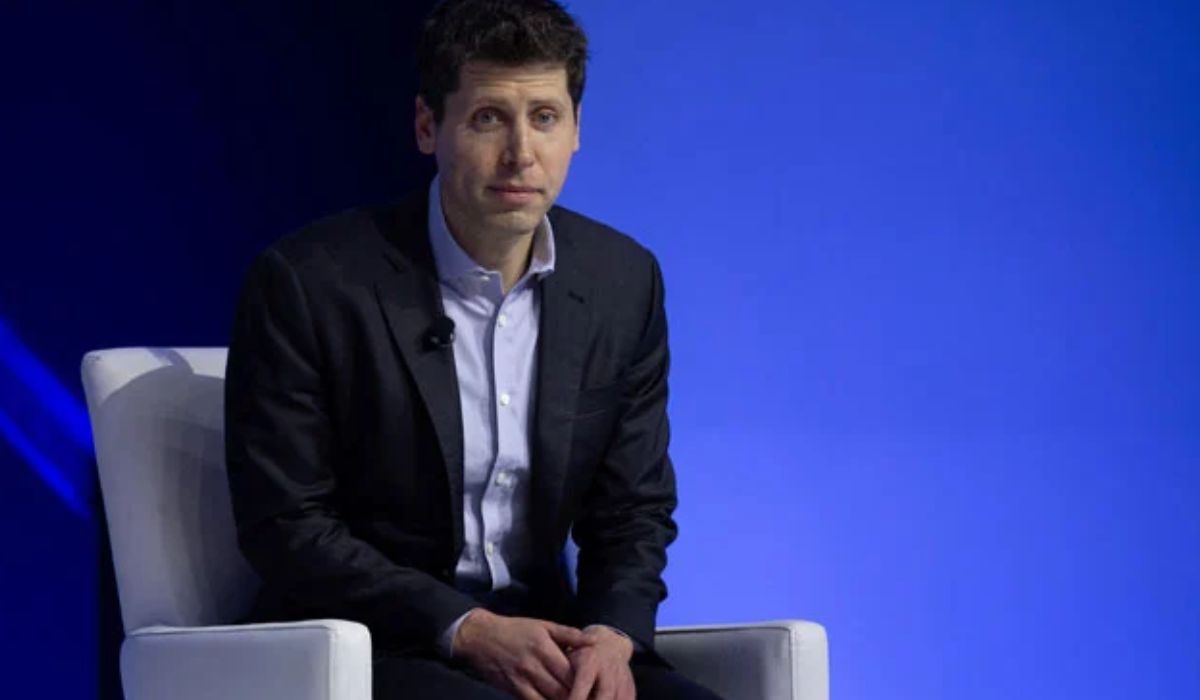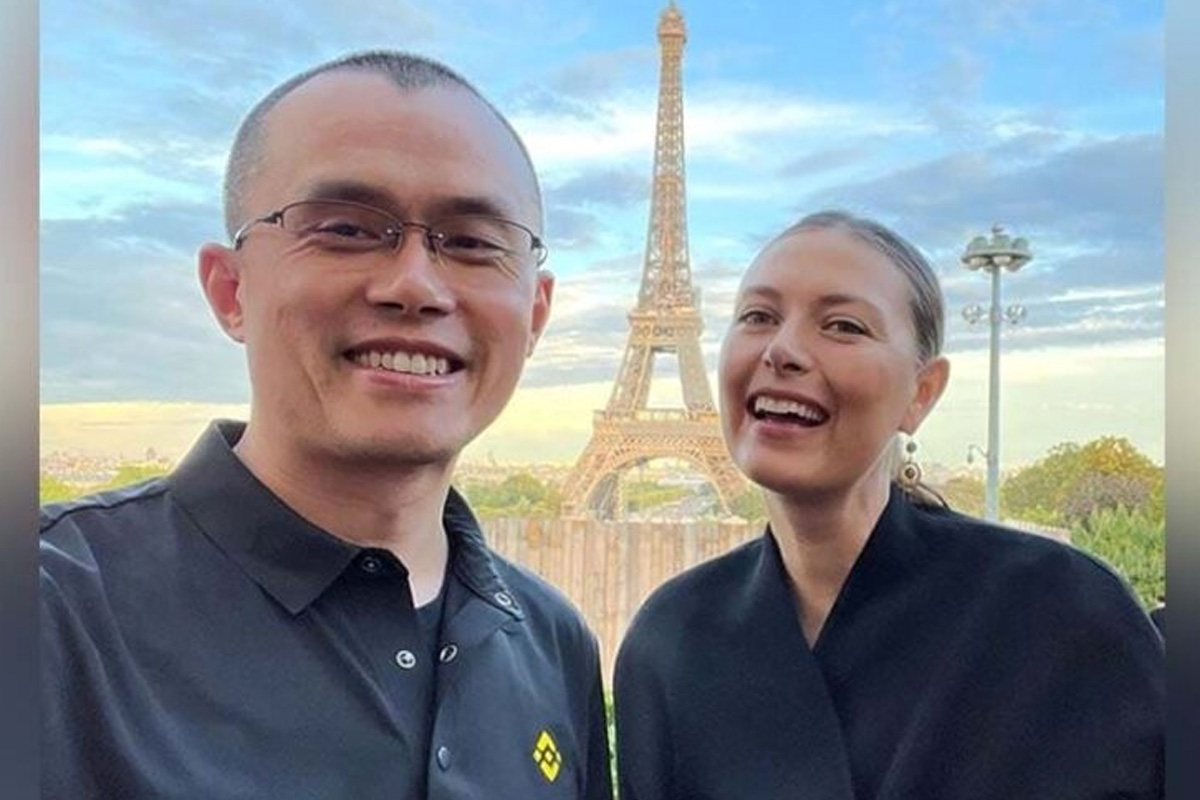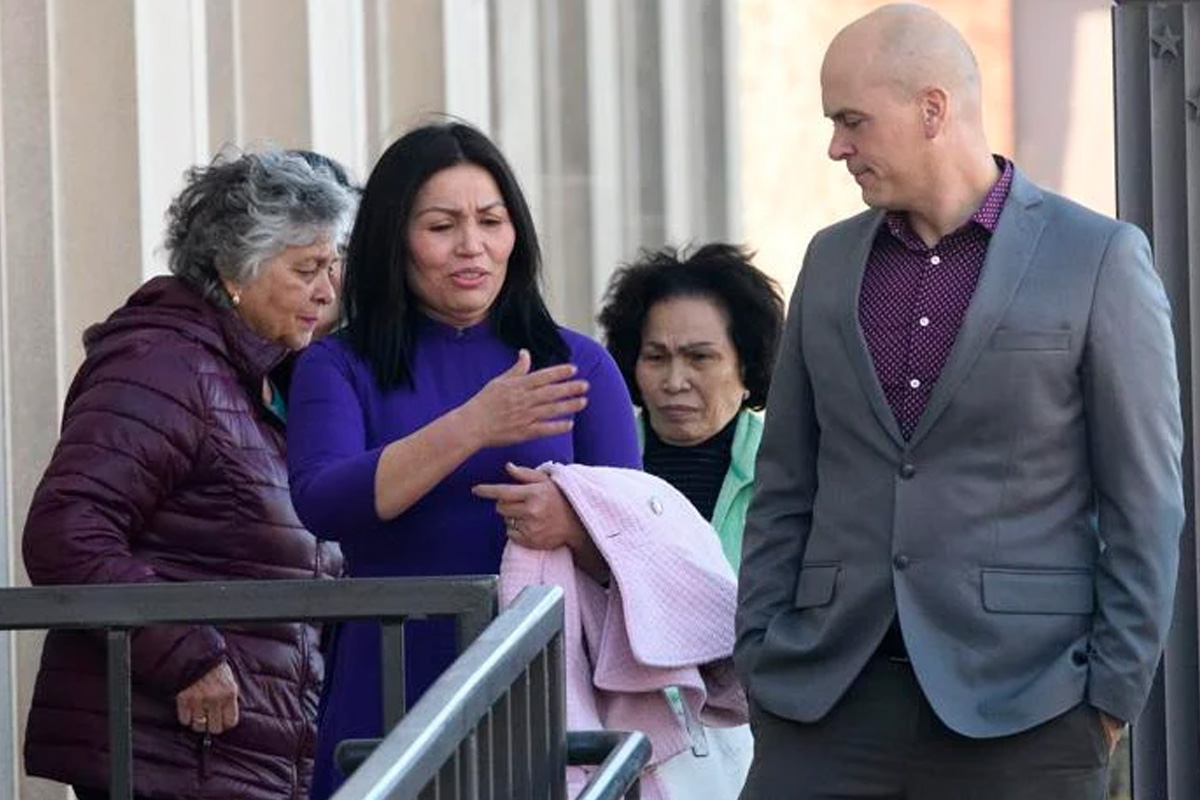After the board decided to remove CEO Sam Altman, and there’s a chance that many staff members might leave, certain investors in OpenAI (the company responsible for ChatGPT) are thinking about taking legal action against the board. This information comes from people who are familiar with the situation.
Investors are examining their options with the assistance of legal advisors, as reported by Reuters on Monday, citing unnamed sources familiar with the situation.
Also read: Amazon introduces Black Friday Apple Watch SE 2 deal for just $179
However, it is still unclear whether or not these investors will sue OpenAI.
People who’ve invested in OpenAI, thinking it’s a crucial asset in their investment portfolio, are getting worried about the huge amount of money put into the company.
They have raised concerns saying that what appears to be a potential collapse of the hottest AI startup in the rapidly growing generative AI sector, could result in catastrophic losses.
Also read: Meta Splits Up its Responsible AI Team
By Monday, over 700 OpenAI employees threatened to resign unless the company replaced the board. OpenAI’s board fired Altman on Friday after a “breakdown of communications,” according to an internal memo.
The situation was unique for venture capital (VC) investors because they typically have influence over the decisions of the companies they invest in, often through holding seats on the board or having voting power. However, in the case of OpenAI, things were different. OpenAI is governed by its non-profit parent organization, OpenAI Nonprofit, which was established to serve the interests of humanity rather than prioritize the financial gains of OpenAI investors.
Basically, what the law professor, Minor Myers, is saying is that now, employees have more power than the investors (venture capitalists) who funded their salaries.
Microsoft has almost half of the company, and the rest is shared between other investors and employees, with a tiny bit (2%) owned by OpenAI’s nonprofit parent organization.









